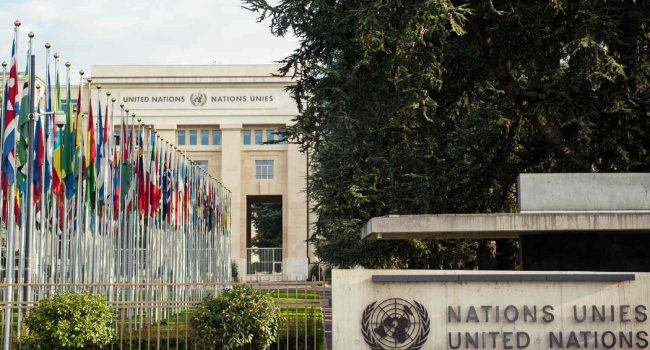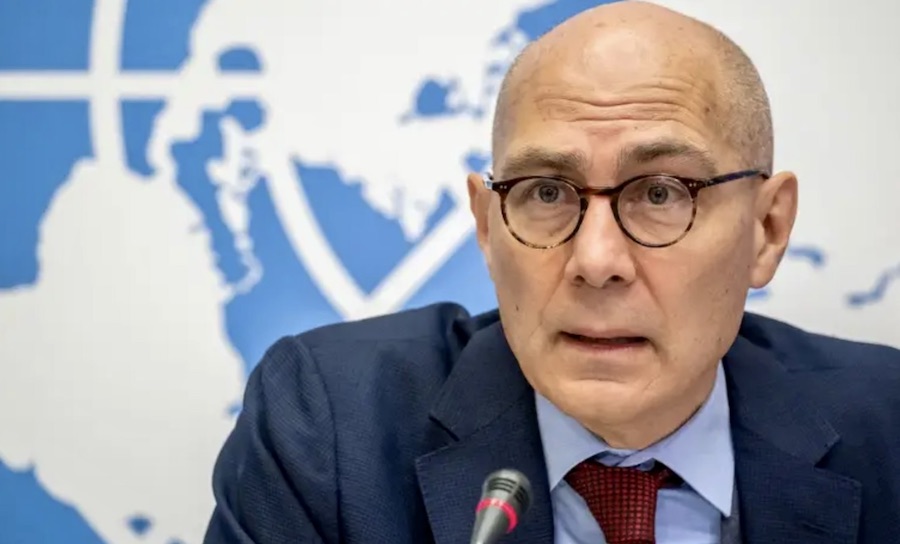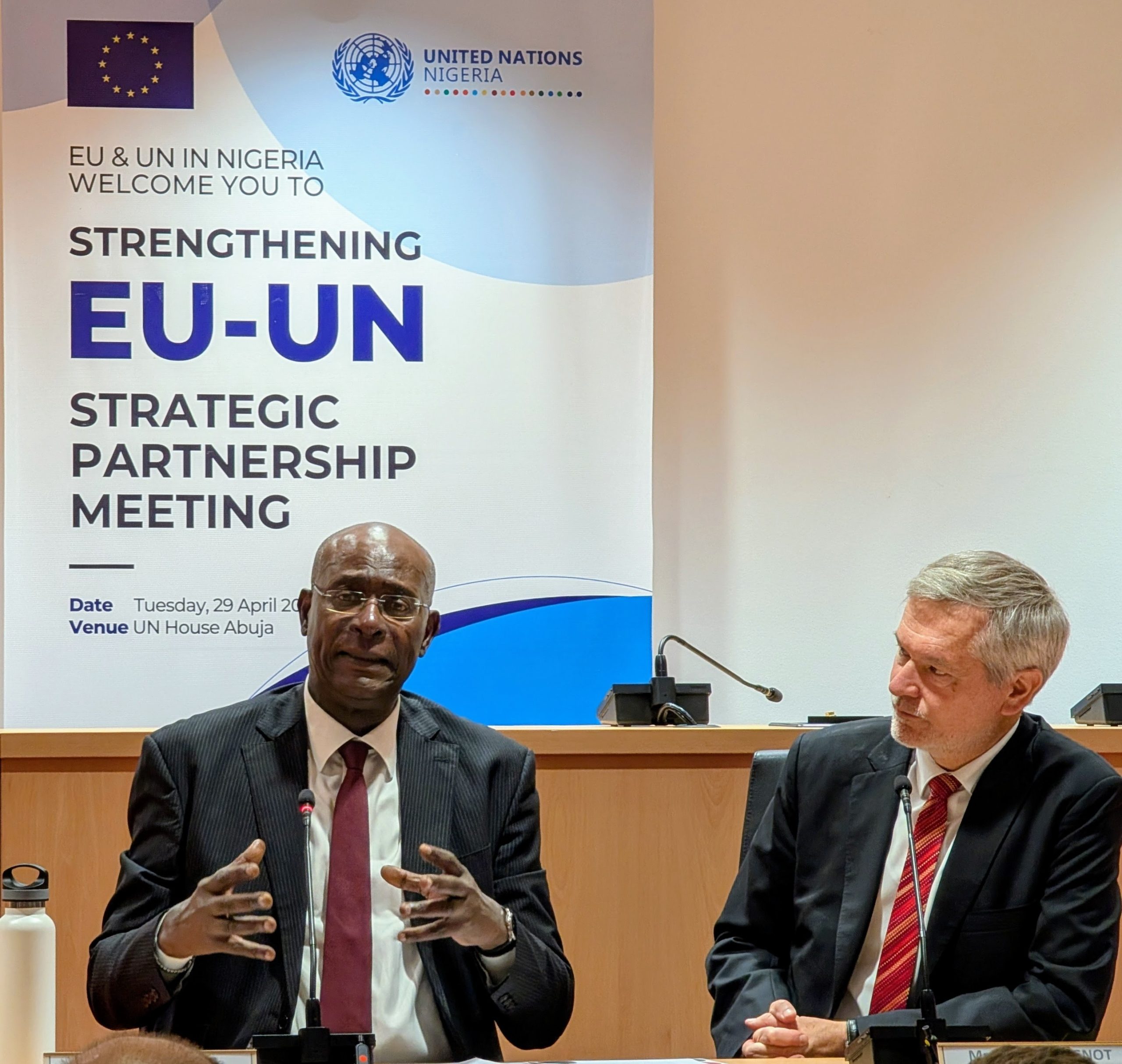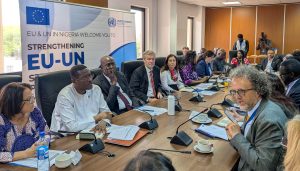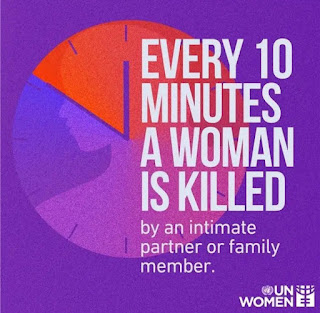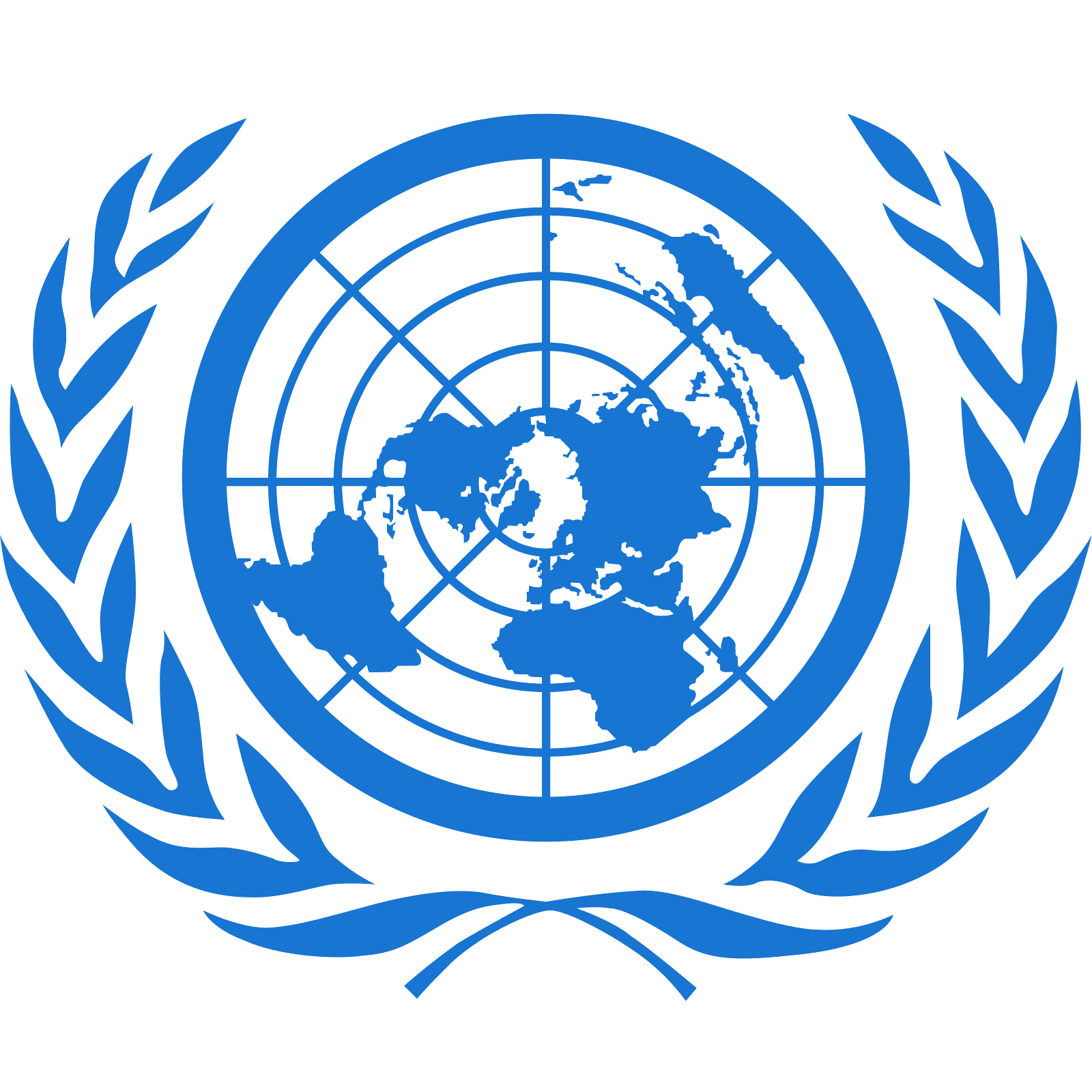The United Nations has shut down a critical air service in Nigeria’s northeast over severe funding shortages.
The U.N. Humanitarian Air Service (UNHAS), run by the WFP, ended its fixed-wing operations in the country last week after nearly a decade of flying aid workers and supplies into conflict zones.
“In 2024, UNHAS fixed-wing flights carried more than 9,000 passengers. Already this year, 4,500 humanitarian staff have relied on the service to reach affected areas.
“UNHAS cannot continue without funding: $5.4 million is needed to remain operational for the next six months. Without this funding, the humanitarian response in north-east Nigeria risks being cut off from the very people it is meant to serve.
“For nine years, the service has transported humanitarian staff, medical supplies, and critical cargo to and from the epicentre of the crisis in Borno and Yobe states,” Dujarric told reporters. “In a country that has experienced 16 years of conflict, where road transport remains extremely dangerous, air transport is essential.”
The shutdown comes as the World Food Programme faces dire financial shortfalls.
In July, the agency warned it might be forced to suspend emergency food and nutrition aid for 1.3 million people in northeastern Nigeria.
The closure, announced by U.N. spokesperson Stéphane Dujarric in New York on Wednesday, showed the growing strain on relief efforts as donor funding declines.
It noted that the shutdown threatens to deepen the country’s most protracted humanitarian emergencies.
Margot van der Velden, WFP’s regional director for West and Central Africa, told reporters in New York that the agency urgently requires $5.4million to sustain food and nutrition operations in the region for just six months.
Although the Nigerian government has provided significant support to relief efforts in the northeast, and is now the largest financier of the emergency response, the UN said international contributions remain crucial to sustaining operations at scale.
“The humanitarian response in northeast Nigeria risks being cut off from the very people it is meant to serve,” Dujarric said, stressing that unless donors step in, critical aid pipelines will collapse.
The UN warned that consequences could be devastating.
“Without air links, humanitarian workers lose safe access to remote conflict-affected communities, where millions are already grappling with hunger, displacement, and violence.”
It added that families may be forced into desperate choices such as enduring worsening hunger, migrating in unsafe conditions, or falling prey to extremist groups that continue to exploit vulnerabilities in the region.
The U.N. appeal comes as humanitarian agencies worldwide confront shrinking donor budgets, driven by global economic pressures and competing crises from Gaza to Sudan to Ukraine.
“For Nigeria’s northeast, where insurgency and instability have already displaced millions, the loss of a vital air bridge may further isolate vulnerable populations at a time when they can least afford it,” the statement added.
